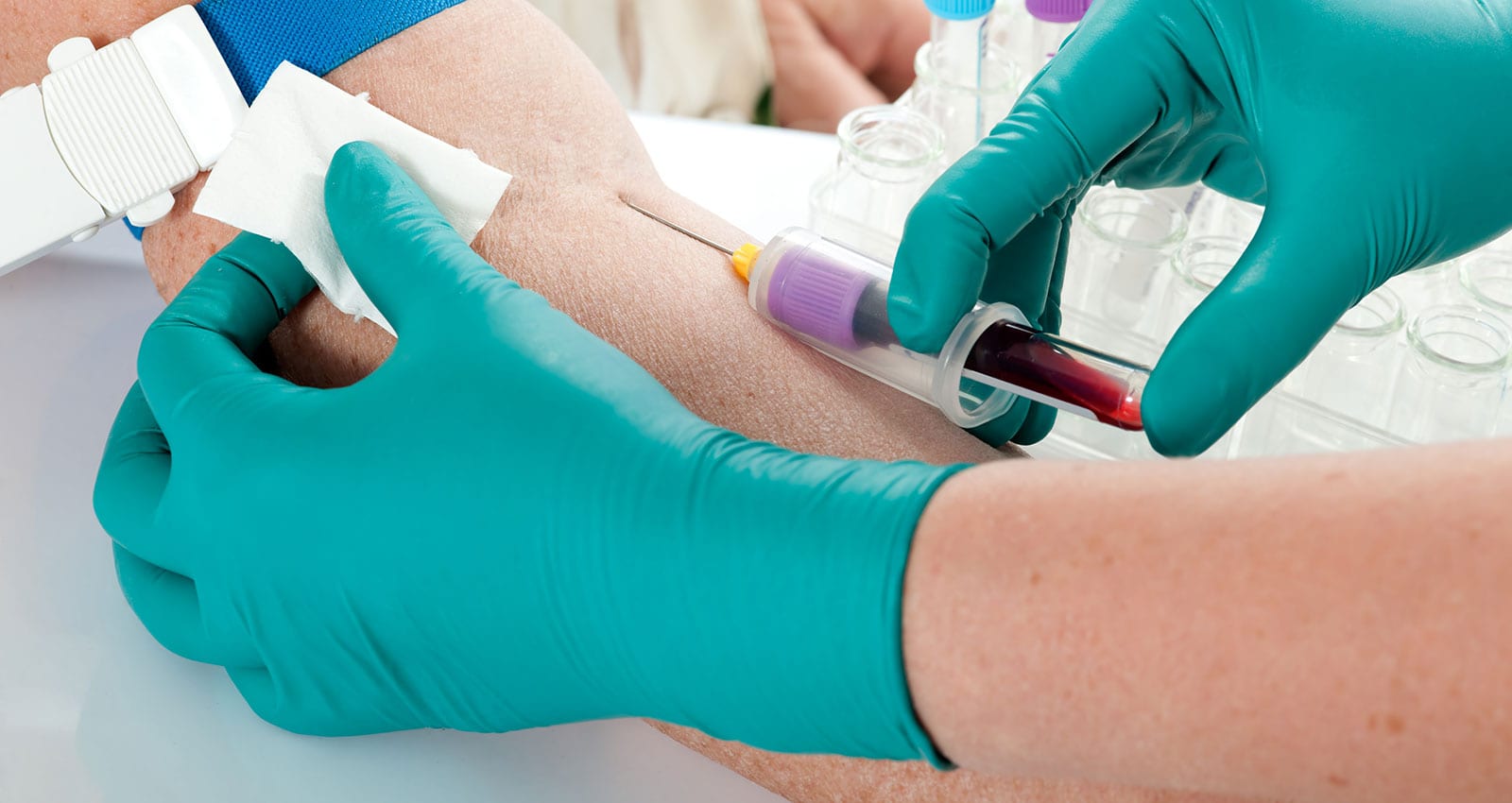Thorough Northeast Medical Institute CNA Courses Stamford: Learn from the Best
Thorough Northeast Medical Institute CNA Courses Stamford: Learn from the Best
Blog Article
Important Elements to Think About When Picking one of the most Appropriate Medical Institution Educational Program for You
Choosing the most suitable medical school curriculum is a pivotal choice that can substantially influence your instructional trip and future occupation course. As aspiring medical professionals, the selection of curriculum should line up with your personal learning design and profession goals.
Personal Knowing Design

Medical colleges that use varied mentor techniques and resources can fit numerous discovering styles, promoting a dynamic and comprehensive academic atmosphere. Eventually, understanding individual learning preferences equips students to make educated choices concerning their medical education, setting a strong structure for their future occupations in health care.
Profession Objectives Positioning

In addition, lining up job objectives with the medical school educational program can likewise boost inspiration and engagement throughout the educational journey. They are extra likely to stay concentrated and committed to their studies when students see the straight significance of their coursework to their future profession. For that reason, when choosing a clinical school curriculum, it is vital to meticulously take into consideration how well it straightens with one's job goals to ensure a successful and satisfying expert path.
Mentor Methodologies
Thinking about the positioning of job objectives with the selected medical college educational program, an evaluation of the teaching approaches used becomes crucial in shaping the discovering experience. The efficiency of a clinical college educational program greatly depends on the training approaches made use of by the institution. Numerous mentor approaches, such as lectures, tiny seminar, problem-based knowing, simulation-based training, and hands-on clinical experience, can dramatically affect just how well pupils retain and grasp information.
Simulation-based training enables pupils to exercise clinical skills in a regulated setting prior to engaging with genuine patients. Hands-on professional experience uses a firsthand understanding of patient treatment and clinical methods.
When choosing a medical school educational program, aspiring trainees must take into consideration the training methods employed to ensure that their understanding preferences and strengths straighten with the academic technique of the establishment.
Educational Program Versatility
When examining medical school programs, examining the degree of educational program versatility is important for prospective trainees seeking a customized academic experience. Educational program versatility describes click site the level to which trainees can personalize their discovering paths within the clinical school educational program. A curriculum that offers flexibility permits pupils to pursue their passions, concentrate on locations where they need extra support, and involve in learning experiences that straighten with their occupation objectives.

Potential clinical pupils should think about just how a clinical school's curriculum versatility straightens with their knowing choices, profession goals, and personal objectives. By choosing a program that uses the best equilibrium of structure and adaptability, trainees can maximize their academic experience and prepare themselves for effective jobs in medication.
Scientific Exposure Opportunities
Exploring the functional application of medical expertise, scientific direct exposure chances play a critical duty fit a thorough medical education and learning. These chances provide trainees with important hands-on experience in actual healthcare settings, permitting them to link the gap in between theory and practice. When thinking about medical institution educational program, the high quality and quantity of scientific exposure should be very carefully reviewed.
Reliable clinical direct exposure should provide a varied variety of experiences across numerous specialties, guaranteeing that trainees are subjected to different clinical situations and patient demographics. Direct exposure to outpatient clinics, inpatient wards, medical cinemas, and emergency situation divisions can aid pupils create a well-rounded understanding of different facets of healthcare delivery. Additionally, opportunities for community-based care and interactions with underserved populations can promote a much deeper gratitude for the social factors of wellness.
Additionally, the presence of supportive professors and advisors throughout these scientific experiences can considerably improve the knowing process. Faculty guidance and positive responses can assist trainees show on their clinical experiences, recognize locations for improvement, visit homepage and enhance their decision-making capabilities and medical skills (Northeast Medical Institute CNA Classes Near me Stamford). On the whole, durable medical exposure opportunities are essential for preparing future physicians to supply high quality patient treatment properly
Verdict
Finally, when choosing a medical school educational program, it is important to consider your personal understanding style, alignment with career purposes, instructing methods, curriculum flexibility, and professional exposure opportunities. These factors play a vital role in establishing the most ideal program for your expert and instructional development. Ensure to thoroughly review each element to make an informed decision that will certainly best sustain your growth in the clinical field.
Comprehending one's individual knowing design is crucial when choosing a clinical college curriculum. By determining one's learning style early on, striving clinical students can tactically choose an educational program that provides to their staminas, eventually enhancing their discovering experience and academic success.
When evaluating clinical college programs, assessing the degree of curriculum versatility is crucial for potential pupils looking for a customized educational experience. Curriculum versatility refers to the degree to advice which trainees can individualize their discovering courses within the clinical college curriculum.In conclusion, when choosing a medical institution educational program, it is crucial to consider your personal learning style, positioning with occupation purposes, teaching techniques, curriculum adaptability, and medical exposure possibilities.
Report this page